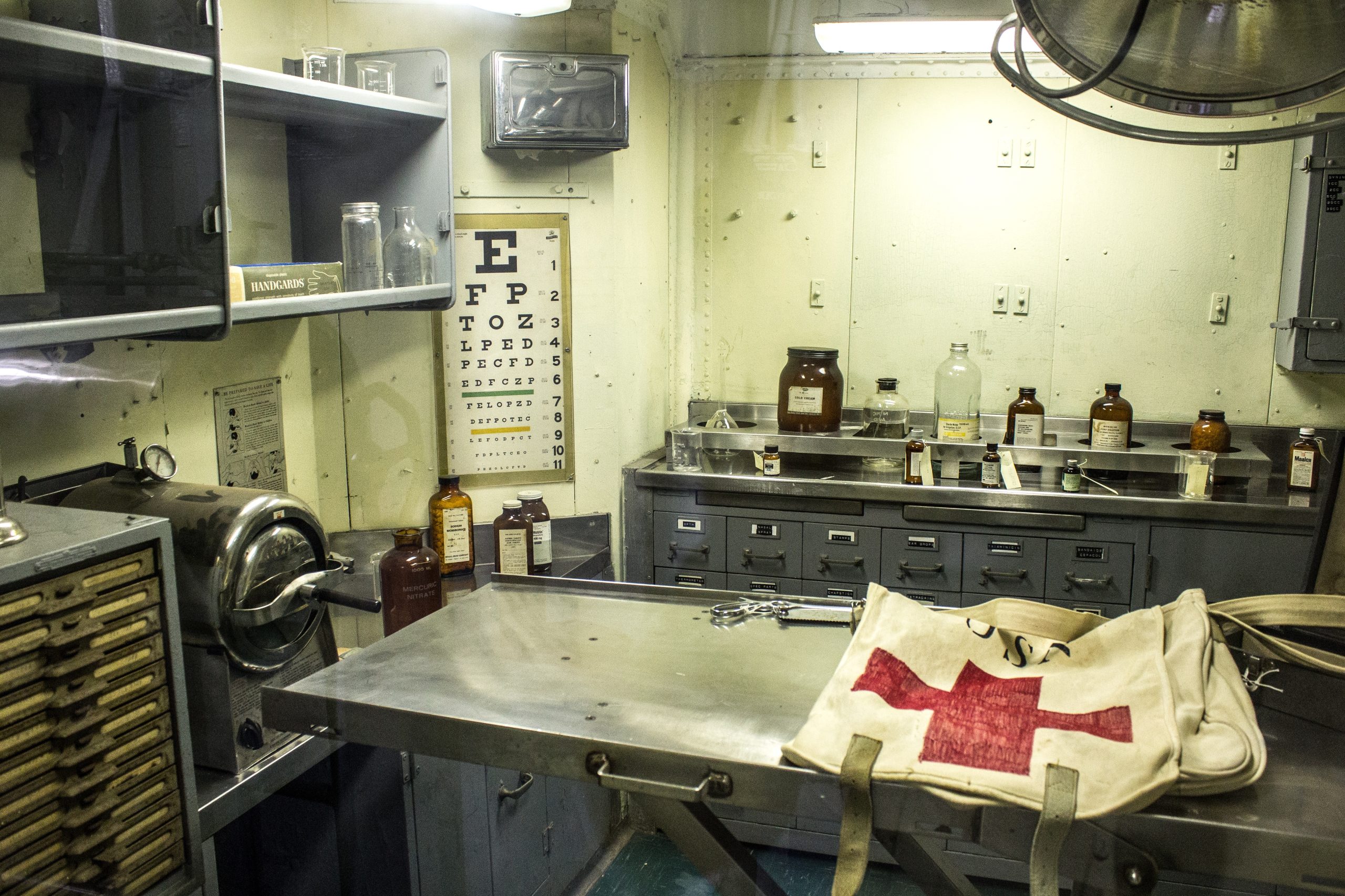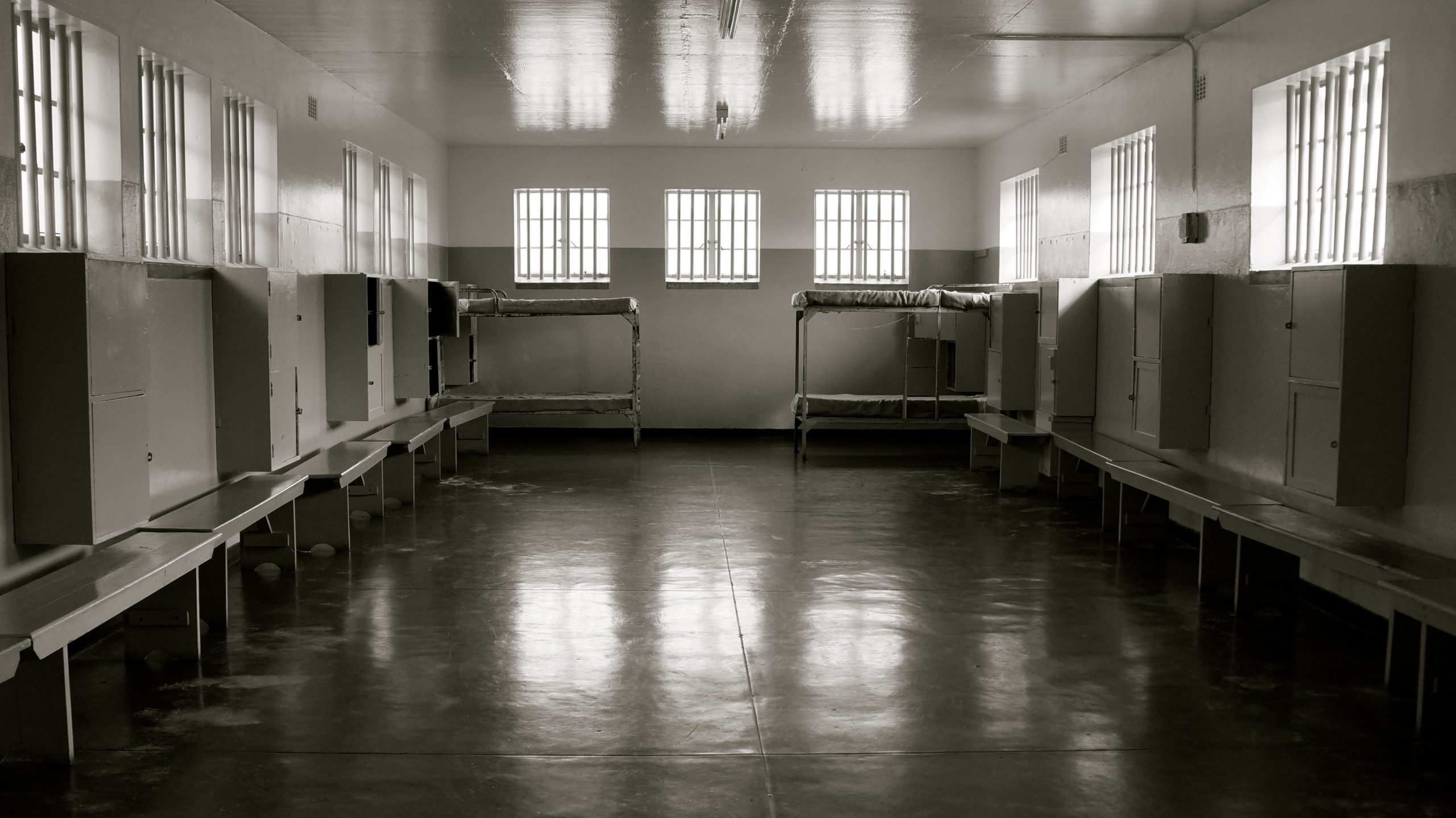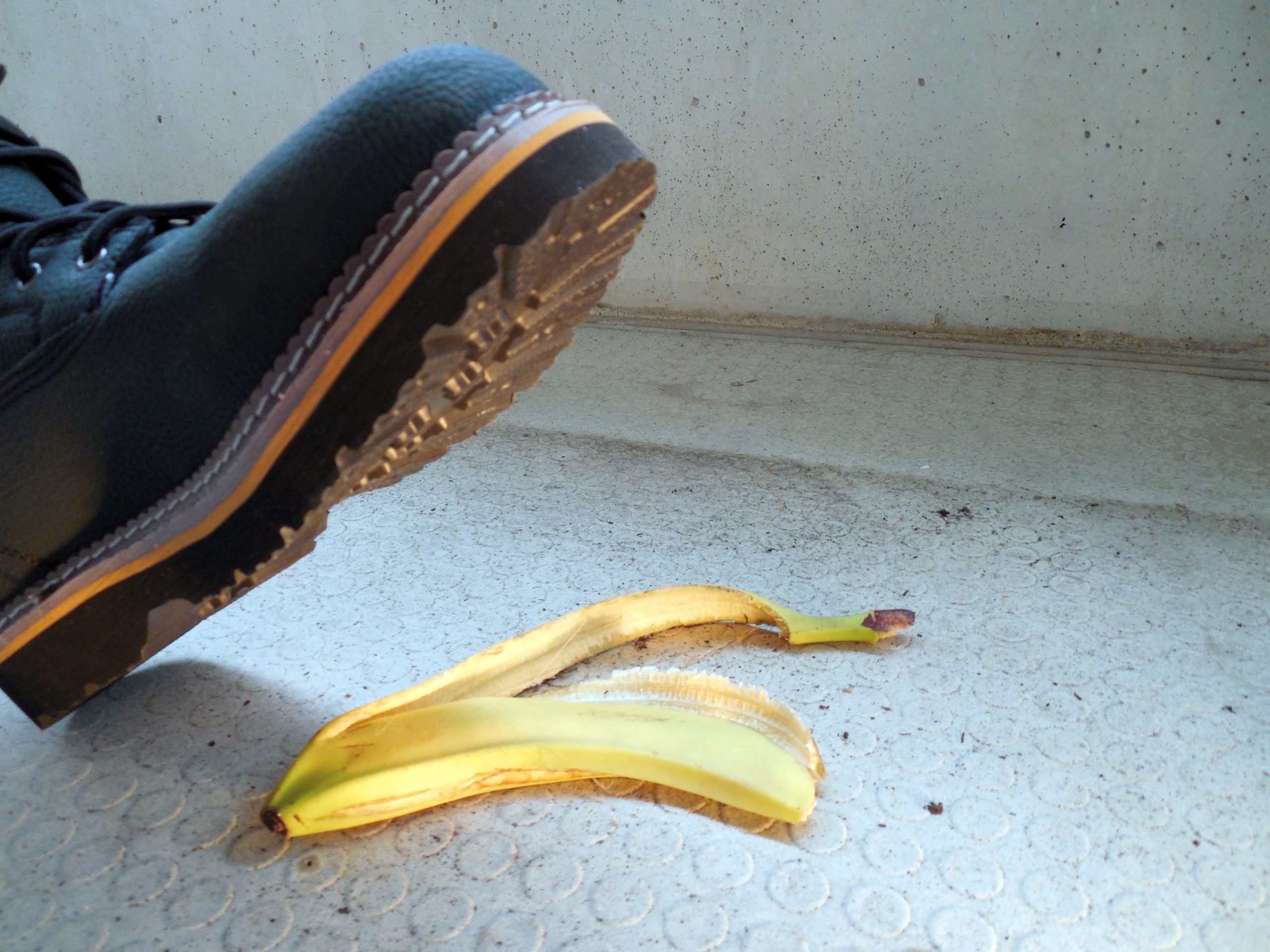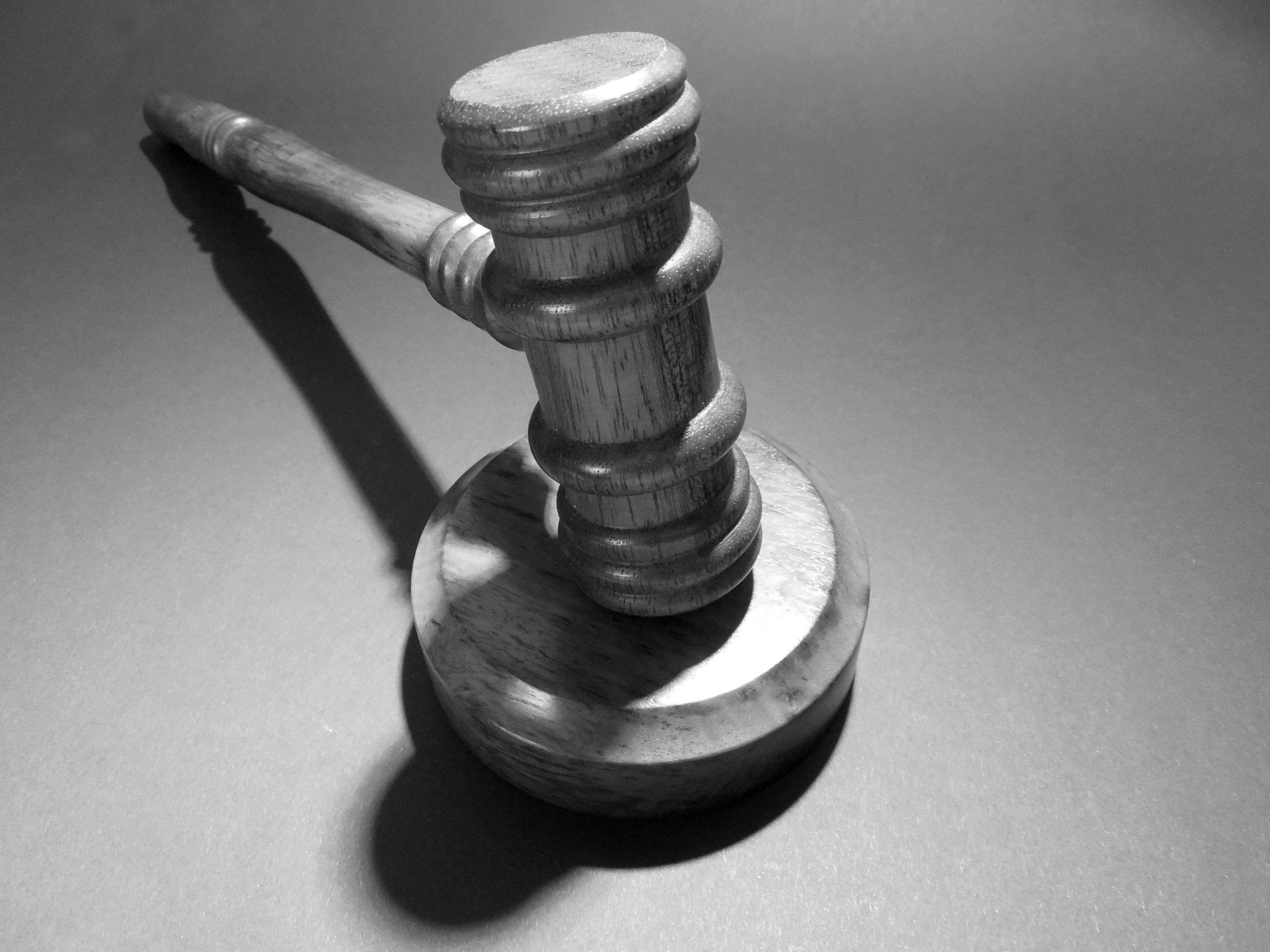 Prisoners, like all individuals, retain their constitutional rights even while incarcerated. However, proving a violation of these rights within the prison system can be challenging, as demonstrated in the following case. This case considers what a prisoner must show to succeed in a lawsuit against a prison supervisor alleging a constitutional violation.
Prisoners, like all individuals, retain their constitutional rights even while incarcerated. However, proving a violation of these rights within the prison system can be challenging, as demonstrated in the following case. This case considers what a prisoner must show to succeed in a lawsuit against a prison supervisor alleging a constitutional violation.
Kyle Smith Hauenstein was imprisoned at Rapides Parish Detention Center -1 (“RPDC-1”). He filed a lawsuit against the Rapides Parish Sheriff, William Hilton, and the Assistant Warden, Pat Ashley. He alleged Hilton and Ashley violated 42 U.S.C. § 1983 by delaying providing him adequate medical treatment after his right foot developed an infection. He claimed they were “deliberately indifferent” to his serious medical needs.
Sheriff Hilton filed a summary judgment motion, arguing qualified immunity prohibited the Section 1983 claims from being brought against him in his individual capacity. The trial court denied Sheriff Hilton’s summary judgment motion, finding qualified immunity did not prohibit Hauenstein from bringing the Section 1983 claims against Hilton in his individual capacity. Hilton appealed.
 Insurance Dispute Lawyer Blog
Insurance Dispute Lawyer Blog


 If you do a favor for your boss outside of work and are injured, can you still sue for workers’ compensation benefits? This is a complex question dependent on the facts of a case. Workers’ compensation is only available for injuries suffered during employment. If the court finds that the favor was outside the scope of employment, an injured employee may only recover tort damages. In the following case, the appellate court reversed a finding of workers’ compensation in favor of tort liability. In this case, the injured worker fought against a reduction of award to offset the workers’ compensation benefits already paid to the plaintiff.
If you do a favor for your boss outside of work and are injured, can you still sue for workers’ compensation benefits? This is a complex question dependent on the facts of a case. Workers’ compensation is only available for injuries suffered during employment. If the court finds that the favor was outside the scope of employment, an injured employee may only recover tort damages. In the following case, the appellate court reversed a finding of workers’ compensation in favor of tort liability. In this case, the injured worker fought against a reduction of award to offset the workers’ compensation benefits already paid to the plaintiff.  Medical malpractice claims are not always limited to instances during treatment or surgery and may, as one young patient argued, include failures that occur afterward or post-operatively.
Medical malpractice claims are not always limited to instances during treatment or surgery and may, as one young patient argued, include failures that occur afterward or post-operatively.  The burden of proof lies heavily on claimants to establish the elements of the claim they bring forward. Failing to do so can result in the dismissal of the charge. In the case of George Preston, a prisoner in a Louisiana jail, his complaint against Lieutenant Hicks and four state correctional officers for excessive use of force highlights the importance of meeting the requirements to substantiate a claim. Analyzing the alleged violation of Preston’s Eighth Amendment rights, the court carefully considered the evidence and ultimately decided to dismiss some claims while allowing others to proceed.
The burden of proof lies heavily on claimants to establish the elements of the claim they bring forward. Failing to do so can result in the dismissal of the charge. In the case of George Preston, a prisoner in a Louisiana jail, his complaint against Lieutenant Hicks and four state correctional officers for excessive use of force highlights the importance of meeting the requirements to substantiate a claim. Analyzing the alleged violation of Preston’s Eighth Amendment rights, the court carefully considered the evidence and ultimately decided to dismiss some claims while allowing others to proceed. When a prison official fails to provide necessary medical care to an inmate, legal action may be pursued against the individual. However, claiming deliberate indifference to an inmate’s serious medical needs requires meeting specific criteria. As exemplified by the case below, these factors are crucial in preventing individuals from bringing frivolous claims against government officials, ensuring that legitimate cases receive the attention they deserve.
When a prison official fails to provide necessary medical care to an inmate, legal action may be pursued against the individual. However, claiming deliberate indifference to an inmate’s serious medical needs requires meeting specific criteria. As exemplified by the case below, these factors are crucial in preventing individuals from bringing frivolous claims against government officials, ensuring that legitimate cases receive the attention they deserve. Workplace accidents can strike unexpectedly, leaving individuals injured and grappling with the complex question of who bears responsibility. However, when such accidents involve heavy machinery and contractual relationships, determining fault can become even more challenging. In the case of Clark Nixon, a dump truck driver at Terrebonne Levee & Conservation District (TLCD), the lines blurred further when an incident unfolded on the job site. As Nixon seeks justice for his injuries, the lawsuit shines a light on the intricate interplay of liability, contractual obligations, and the need for skilled legal representation to recover medical costs and hold those at fault accountable.
Workplace accidents can strike unexpectedly, leaving individuals injured and grappling with the complex question of who bears responsibility. However, when such accidents involve heavy machinery and contractual relationships, determining fault can become even more challenging. In the case of Clark Nixon, a dump truck driver at Terrebonne Levee & Conservation District (TLCD), the lines blurred further when an incident unfolded on the job site. As Nixon seeks justice for his injuries, the lawsuit shines a light on the intricate interplay of liability, contractual obligations, and the need for skilled legal representation to recover medical costs and hold those at fault accountable. The story of an underdog seeking justice against a powerful corporation is a familiar legal narrative. And while we may be inclined to root for the little guy, that does not relieve him from proving he has a valid case.
The story of an underdog seeking justice against a powerful corporation is a familiar legal narrative. And while we may be inclined to root for the little guy, that does not relieve him from proving he has a valid case. When it comes to personal injury claims resulting from slips, trips, or falls, the concept of open and obvious defects plays a significant role. Failing to act reasonably or being harmed by an apparent defect may hinder your ability to recover compensation for your injuries. This case exemplifies the importance of these factors in determining liability.
When it comes to personal injury claims resulting from slips, trips, or falls, the concept of open and obvious defects plays a significant role. Failing to act reasonably or being harmed by an apparent defect may hinder your ability to recover compensation for your injuries. This case exemplifies the importance of these factors in determining liability. When you make a quick run to the store, the last thing you expect is to be injured while shopping. If you slip and fall at a store, you might expect the store to be responsible for any injuries you might have suffered. However, Louisiana law requires that a store have actual or constructive knowledge of the hazardous condition to be held liable. Therefore, if you are considering filing a lawsuit against a store for a slip-and-fall accident, it is essential to provide evidence of the store’s knowledge so your claim does not get dismissed.
When you make a quick run to the store, the last thing you expect is to be injured while shopping. If you slip and fall at a store, you might expect the store to be responsible for any injuries you might have suffered. However, Louisiana law requires that a store have actual or constructive knowledge of the hazardous condition to be held liable. Therefore, if you are considering filing a lawsuit against a store for a slip-and-fall accident, it is essential to provide evidence of the store’s knowledge so your claim does not get dismissed.  When considering a legal malpractice claim, it is crucial to understand that proving your attorneys’ negligence alone is insufficient. To establish the merit of such a claim, you must demonstrate an underlying loss resulting from their negligence. This requires presenting compelling evidence that your original claim would have been successful had your attorneys not been negligent. The case of Shawn Cupit, who pursued a wrongful death lawsuit, highlights the significance of providing admissible evidence and the challenges involved in proving a legal malpractice case.
When considering a legal malpractice claim, it is crucial to understand that proving your attorneys’ negligence alone is insufficient. To establish the merit of such a claim, you must demonstrate an underlying loss resulting from their negligence. This requires presenting compelling evidence that your original claim would have been successful had your attorneys not been negligent. The case of Shawn Cupit, who pursued a wrongful death lawsuit, highlights the significance of providing admissible evidence and the challenges involved in proving a legal malpractice case.